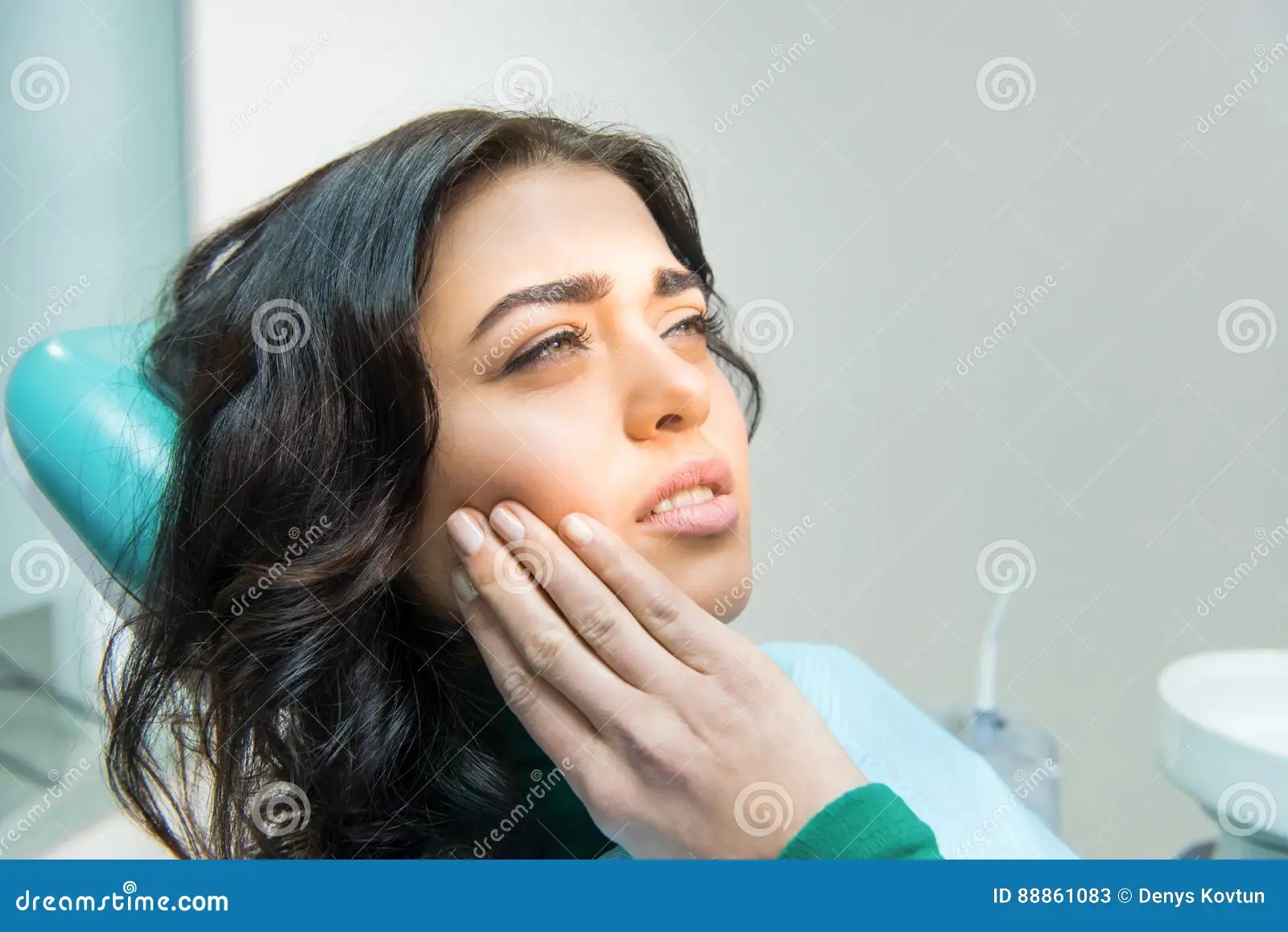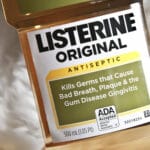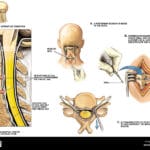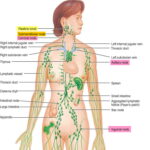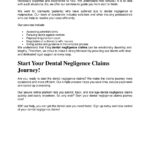A pulsating toothache signals an underlying issue, ranging from minor decay to a serious infection. That rhythmic throbbing, often mirroring your heartbeat, isn’t just annoying—it’s your body’s alarm bell for dental distress. This guide will help you understand what causes that pulsing tooth pain, how to find temporary relief, and, most importantly, when to seek urgent dental care. Suffering from a throbbing toothache? Discover if using Listerine can kill a tooth nerve. Find out the truth about will Listerine kill tooth nerve and potential remedies for your pain.
Decoding the Throbbing: What Causes Pulsating Tooth Pain?
That persistent, rhythmic ache likely originates from pressure or inflammation affecting the sensitive nerve within your tooth. Several dental issues can trigger this pulsing sensation:
Tooth Decay (Cavities): Bacteria feasting on sugars in your mouth produce acids that erode tooth enamel. Once decay reaches the dentin and pulp (the tooth’s inner chamber containing nerves and blood vessels), throbbing pain may occur, especially when exposed to hot, cold, or sweet stimuli. Early-stage decay can sometimes cause throbbing even before a visible cavity forms.
Tooth Abscess: This serious infection results in a pocket of pus at the tooth’s root. The pressure from this pus buildup irritates the nerve, causing a persistent, often severe throbbing. Swelling, fever, and a persistent bad taste often accompany an abscess.
Tooth Fracture: A crack, sometimes invisible, exposes the tooth’s inner layers, irritating the nerve. Chewing or even clenching your jaw can trigger throbbing pain.
Gum Disease (Gingivitis/Periodontitis): Inflamed and infected gums can irritate tooth roots, causing a throbbing sensation that’s sometimes difficult to pinpoint to a specific tooth.
Pulpitis: Inflammation or infection of the dental pulp, often caused by deep decay, typically results in severe, throbbing pain, frequently worsening at night.
Impacted Wisdom Teeth (Pericoronitis): Partially emerged wisdom teeth create a breeding ground for bacteria, leading to infection and throbbing pain.
Referred Pain (Sinusitis/TMJ Disorders): Sometimes, the culprit isn’t your teeth at all. Sinus infections can cause pain that feels like a toothache, especially in the upper molars. Similarly, temporomandibular joint (TMJ) disorders can cause pain that radiates to the teeth, mimicking a toothache.
Increased Blood Flow: Less commonly, increased blood flow after a dental procedure can cause a temporary pulsing sensation, usually without significant pain. This usually resolves on its own.
Recognizing the Signs: When to Seek Urgent Care
While home remedies (discussed below) can offer temporary relief, a pulsating toothache often requires professional dental care. Don’t ignore these red flags:
Persistent Pain: Pain lasting more than a day or two, even with home remedies, necessitates a dental visit.
Fever and/or Swelling: These suggest infection and require prompt attention.
Difficulty Swallowing or Breathing: This signals a potentially serious infection spreading and demands immediate medical attention.
Trauma: A chipped, cracked, or dislodged tooth needs professional evaluation and treatment.
Signs of an Abscess: A pimple-like bump on the gums, persistent bad taste, or facial swelling near the affected area could indicate an abscess requiring immediate care.
Finding Relief: Home Remedies for Temporary Comfort
While waiting for your dental appointment, these home remedies may provide temporary relief:
Saltwater Rinse
Dissolve ½ teaspoon of salt in 8 ounces of warm water. Swish gently for 30 seconds and spit out. Repeat several times daily to soothe inflammation and cleanse the area.
Cold Compress
Apply a cold pack or ice wrapped in a thin towel to your cheek for 15-20 minutes at a time, with breaks in between. Cold helps reduce swelling and numb the area.
Over-the-Counter Pain Relievers
Ibuprofen (Advil, Motrin) or acetaminophen (Tylenol) can temporarily relieve pain and inflammation. Follow dosage instructions carefully. Never apply aspirin directly to the gums.
Gentle Flossing
Carefully floss around the affected tooth to dislodge trapped food particles, but avoid aggravating the area.
Clove Oil (Use Sparingly)
Dab a tiny amount of clove oil onto the affected tooth with a cotton swab. Clove oil has natural antiseptic and pain-relieving properties, but use it cautiously as too much can irritate gums.
Temperature Control
Avoid extremely hot or cold foods and drinks, as these can intensify the throbbing.
Preventing Future Throbs: Proactive Dental Care
Preventing pulsating toothaches is the best approach. These tips can help protect your pearly whites:
Brush and Floss Regularly: Brush twice daily with fluoride toothpaste for at least two minutes each time, and floss daily to remove plaque and food particles.
Regular Dental Checkups: Visit your dentist every six months for checkups and cleanings. This allows for early detection and treatment of potential problems.
Healthy Diet: Limit sugary foods and drinks, which fuel the bacteria that cause tooth decay.
Address Dental Issues Promptly: Don’t ignore even minor dental problems, as they can escalate into more serious issues.
Consider a Mouthguard: If you grind your teeth, a mouthguard can protect your teeth from damage and reduce associated pain.
Why Is My Tooth Throbbing? Beyond Infection
While infection is a common cause, throbbing tooth pain can stem from various issues, as discussed above. A proper diagnosis from a dentist is essential. Ongoing research explores links between untreated tooth infections and systemic health issues. While much is understood about tooth pain, current research continues to explore more effective prevention and treatment strategies.
Conclusion: Don’t Ignore the Drumbeat
A pulsating toothache is a clear message from your body. Addressing the underlying cause promptly can prevent more serious and painful problems down the road. Listen to your body, and schedule a dental appointment. Your smile—and your overall health—will thank you.
- Discover Long Black Pepper: Flavor & Health Benefits - April 25, 2025
- Shocking Twists: The Grownup Review: Unreliable Narration - April 25, 2025
- A Quiet Place Book vs Movie: A Deep Dive - April 25, 2025
